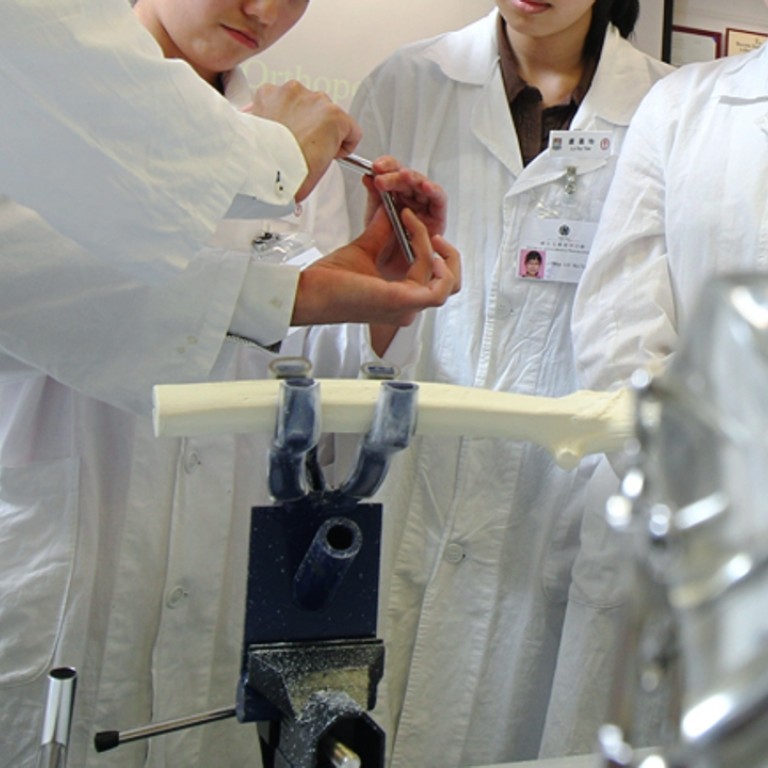
Experts want more government resources for virus testing as Hong Kong enters peak season for deadly diseases
Rapid testing for elderly and young children, who are especially vulnerable to respiratory syncytial virus (RSV) and influenza A, can provide early diagnosis and prompt treatment
The government has been urged to provide extra resources for more rapid tests to be conducted in public hospitals on deadly viruses that affect mainly young children and the elderly.
Virus experts at the Chinese University of Hong Kong made the call as they identified February to March as the peak season for respiratory syncytial virus (RSV) and influenza A, the two most prevalent fatal viruses in Hong Kong that easily attack the vulnerable groups.
Professor Paul Chan Kay-sheung, chairman of the university’s microbiology department, said: “We hope more resources [can] be given to public hospitals so they can implement a rapid test targeting RSV and influenza A for patients, especially for children under the age of five and elderly patients aged 65 or above.”
RSV can have a serious and long-term impact on young patients, sometimes leading to bronchiolitis, asthma and pneumonia for infants under the age of one.
READ MORE: Government pledges HK$200bn developments for public hospitals
The experts conducted a 15-year study of 19,405 patients admitted to Prince of Wales Hospital from 1998 to 2012 with confirmed respiratory viral infections. It was the city’s first extensive and comprehensive study on the prevalence of seven common respiratory viruses.
The study found children under the age of five and elderly persons aged 65 or above were prone to RSV and influenza A, with 37 per cent and 25 per cent of admitted children infected with these two viruses respectively. As for the elderly who died of respiratory viruses, 48 per cent had influenza A, and 20 per cent had RSV.
From the data, it was estimated that one in 23 children and one in 300 seniors were admitted to hospital due to respiratory viral infections each year. About one in 16,000 kids and one in 4,000 elderly people in the city died of respiratory viral infections every year, according to the study.
READ MORE: Why countries like China pay price in lives for baby formula dependence
Saying these two months were the peak season for RSV and influenza A, Prof Chan said he hoped public hospitals could implement a quick diagnostic test across the board targeting these two prevalent viruses for patients with relevant symptoms.
“[The test] can provide early diagnosis and prompt treatment and reduce the risk of death,” he said, adding that the quick test was more accurate than an ordinary test by 30 to 50 per cent.
Professor Leung Ting-fan, chairman of the department of paediatrics, encouraged breastfeeding, which provides antibodies to fight against RSV, as there was no effective vaccine at present. Adults, especially the elderly, were advised to get vaccinations against influenza A.

